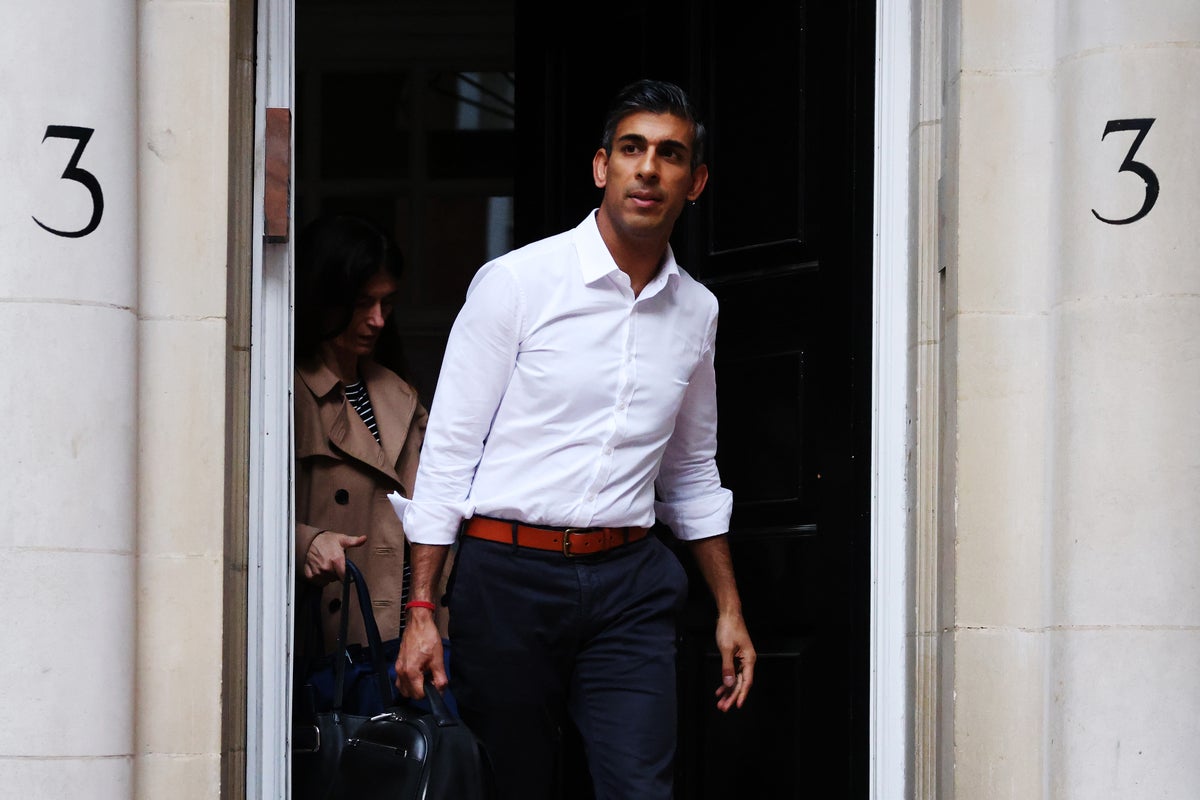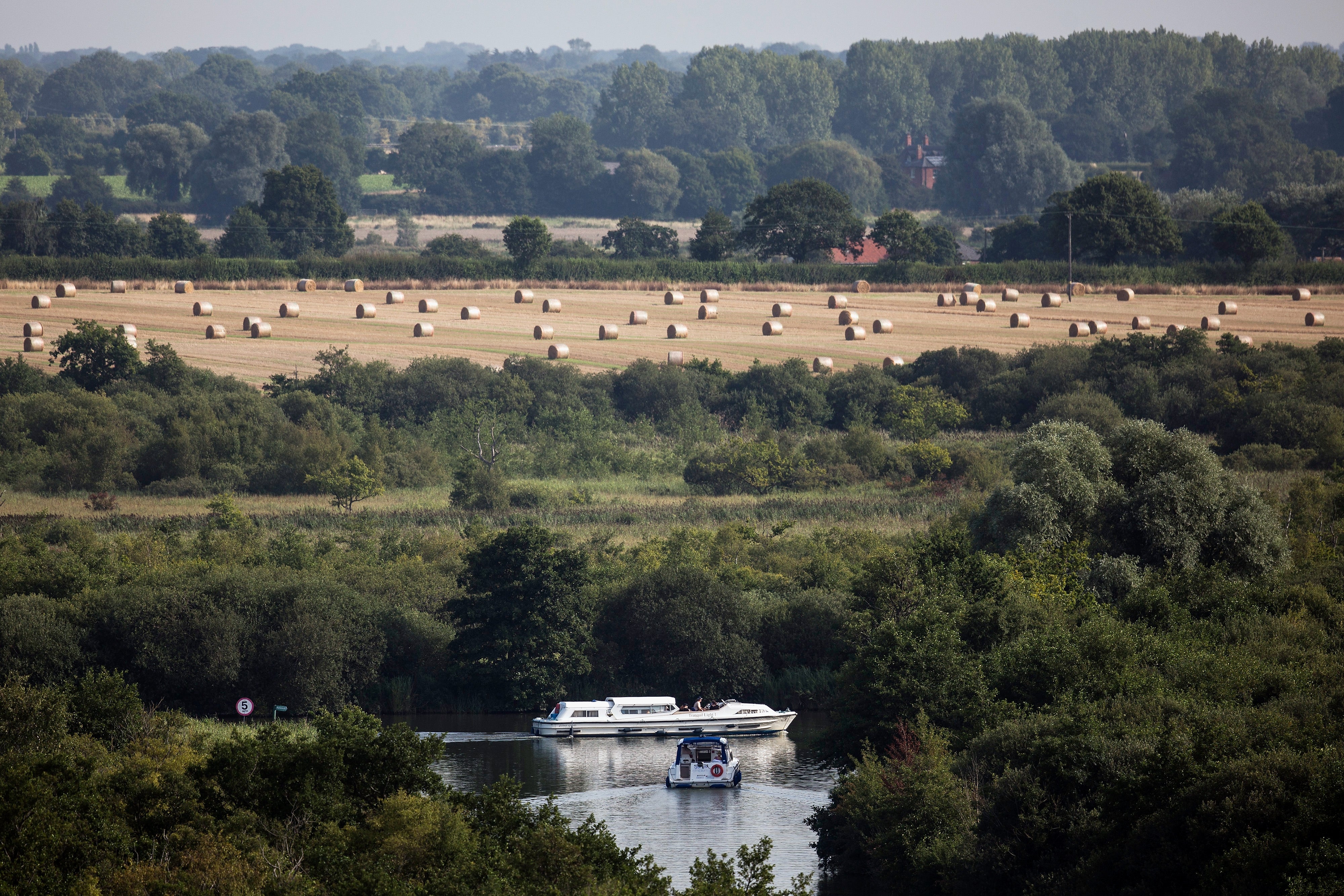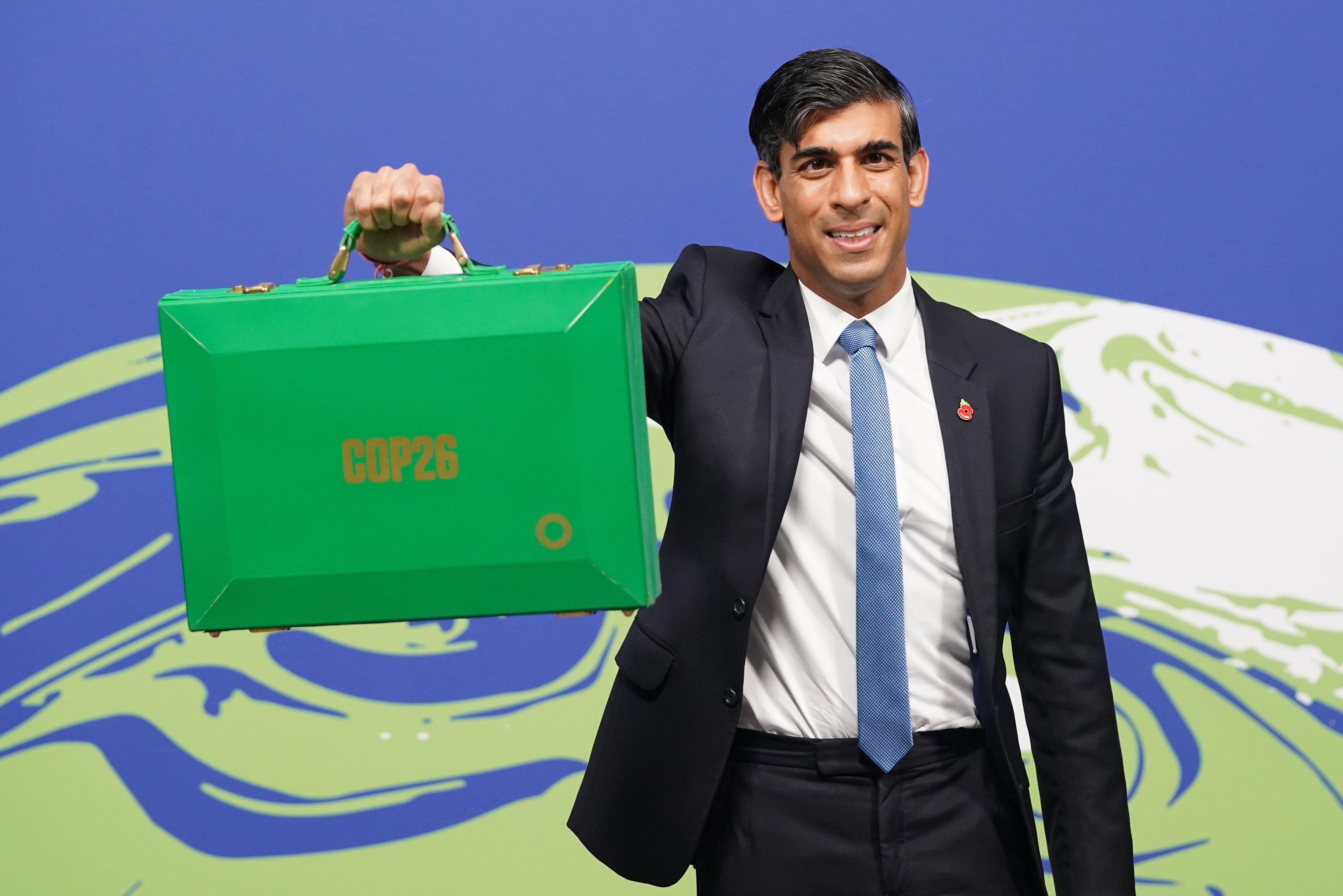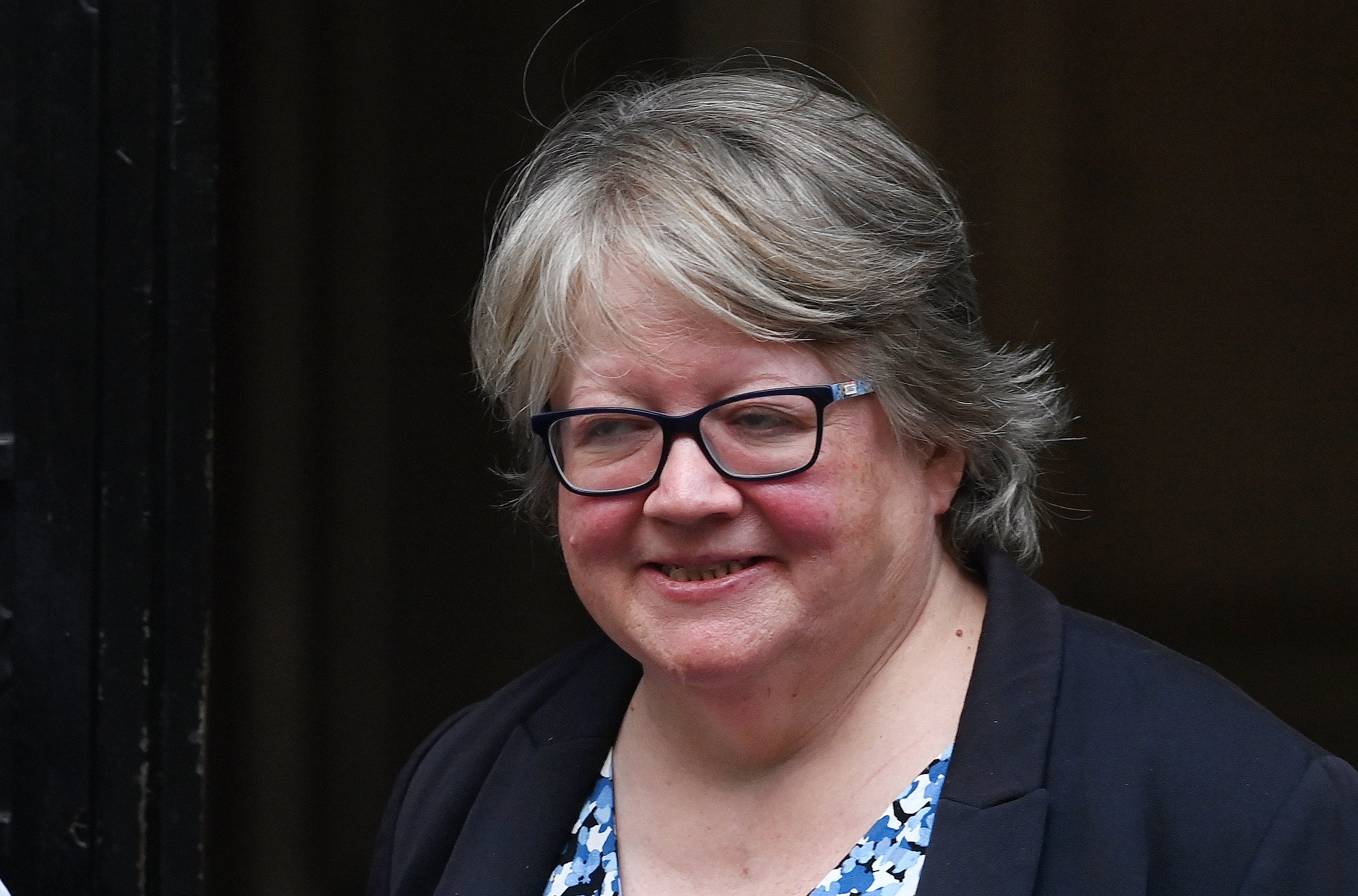
Liz Truss was accused of launching the biggest “attack on nature” in a generation in her short stint as prime minister.
Before resigning last week, she presided over a government that ended a ban on fracking, greenlit a new oil and gas licensing round and announced the creation of investment zones where planning rules could be loosened.
Her administration published legislation aimed at axing the remaining European laws, hundreds of which protect the environment, and said it was reviewing the introduction of a scheme that will pay farmers to enhance nature.
There were reports also that the prime minister had advised King Charles – a long-time environmentalist – to stay away from Cop27, while prior to her resignation, it remained unclear whether she herself would attend the climate summit.
Environmentalists welcomed some decisions made by her government, including loosening restrictions around onshore wind development, but all in all, conservationists and climate activists were alarmed by many of its proposals.
The government repeatedly said claims it intended to go back on its environmental commitments were not true and that it was fully committed to halting the decline of nature by 2030, adding that it would not undermine its obligations to the environment in pursuit of growth.
Now all eyes are on Rishi Sunak, the UK’s new prime minister.
He has already raised eyebrows in his first days in office over his decision to skip the upcoming COP27 climate summit in Egypt.
What has he said about the environment?
Mr Sunak has said he is committed to keeping the government’s legally binding goal of reaching net zero emissions by 2050.
During the leadership race this summer, he said he was committed to reforming farm payments that Ms Truss’s government went on to put under review.
He has said the country needs to insulate millions of homes, rewire the global financial system for net zero and implement plans to protect a third of the UK for nature.
But he has also committed to driving up North Sea gas production which will add more greenhouse gas emissions into the Earth’s atmosphere and said he would scrap plans to relax a ban on onshore wind farms.
What about his record as an MP and a former chancellor?
Mr Sunak’s record on climate action has been described as “mixed.”
As an MP he has “almost always” voted against measures to prevent climate change in parliament, according to the website They Work For You. As chancellor under Boris Johnson, he rarely mentioned the climate crisis in speeches, and net zero didn’t come across as central to his mission.
Ed Matthew, campaigns director at E3G, an independent think tank that aims to accelerate a global transition to a low-carbon future, said he thought Mr Sunak’s overall approach was greener than that of Ms Truss but added that wasn’t exactly hard.
“When you look at his record as chancellor he didn’t put the clean economy and climate action right at the heart of his mission,” he said of Mr Sunak. “You can’t solve climate change and reach the 1.5C target set by the United Nations with a half-hearted approach to climate action – you need to be all in.”
As chancellor, Mr Suank pledged to turn the UK into a green finance powerhouse and has been described as “reasonably good” at marshalling finance for net zero. He backed a campaign for companies to have climate transition plans, supported a drive for more offshore wind and backed a government decision to end the sale of new petrol and diesel cars in the UK by 2030.
But he has also been accused of blocking green policies that incurred short-term costs. Moreover, ahead of the UN climate summit held in Glasgow last year, Mr Sunak cut air passenger duty on domestic flights, as well as overseas aid, and was accused of distancing himself from a key review on the economics of biodiversity.

“He’s been reasonably good at the aspects of net zero that didn’t require him as chancellor to spend any money,” Shaun Spiers, executive director of Green Alliance, a think tank that works to ensure UK political leaders deliver ambitious solutions to global environmental issues, told The Independent during the leadership race this summer. “But when it came to actually seriously supporting net zero as chancellor, he fell short.”
One of the biggest decisions Mr Sunak made as chancellor when it came to the climate was in his response to the impact Russia’s invasion of Ukraine had on energy prices.
In May, he reluctantly brought in a windfall tax on oil and gas companies to help pay for energy support for British households. But the measure also included tax relief to incentivise firms to invest in fossil fuel extraction in the North Sea, sparking criticism that he had jeopardised the UK’s climate credentials.
The International Energy Agency has said that in order for the world to limit global heating to 1.5C no new fossil fuel projects were necessary.

Instead of incentivising and ramping up domestic oil and gas production, campaigners said the government should have announced substantial funding to insulate the UK’s leaky houses and massively scale up renewables on- and offshore to help lower energy bills.
“The fastest way to get off Russian oil and gas was to go hell for leather on renewables, and energy efficiency,” said Mr Matthew. “I’m hoping ... he will seriously rethink his approach.”
What about his first days in office?
Mr Sunak has faced backlash over his decision to miss the COP27 summit in Egypt next month, which brings together countries to discuss and agree action to meet the world’s climate targets.
Labour’s Ed Miliband called the move a “massive failure of climate leadership”. The Green Party’s Caroline Lucas said it was a “shameful way” to end the UK’s COP presidency, which it has held since hosting the previous event.
Environmental campaigners said there was no global summit that could be more important for the prime minister to attend this year.
But his new environment secretary has defended Mr Sunak’s planned non-attendance, saying he would show “global leadership” rather than attending “just a gathering of people in Egypt”.
Therese Coffey said the United Nations conference was not one of the “big political summits” - despite Joe Biden, the US president, being expected to attend next month.

Mr Sunak has, however, been praised for restoring the ban on fracking that had been removed by Ms Truss just days before.
His reshuffle has also changed who is in charge of climate and energy briefs.
Ms Coffey has generally voted against measures to prevent climate change, according to TheyWorkForYou website. Still, her appointment lifted some hopes after the tenure of her predecessor, Ranil Jayawardena.
Grant Shapps has become the new business secretary, replacing Jacob Rees-Mogg, who had been appointed to the dismay of campaigners.
Downing Street also confirmed climate minister Graham Stuart will also no longer be attending Cabinet.
The Independent contacted Mr Sunak’s team for comment.







